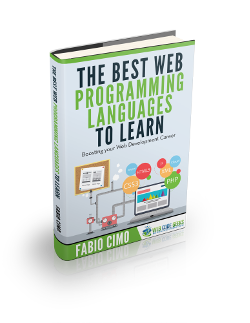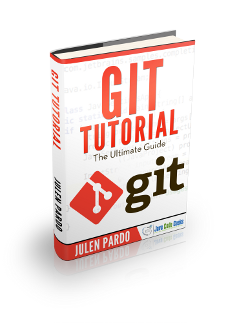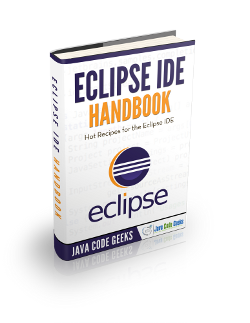
Web development is a broad term for the work involved in developing a website for the Internet (World Wide Web) or an intranet (a private network). Web development can range from developing the simplest static single page of plain text to the most complex web-based internet applications, electronic businesses, and social network services. A more comprehensive list of tasks to which web development commonly refers, may include web engineering, web design, web content development, client liaison, client-side/server-side scripting, web server and network security configuration, and ecommerce development. Among web professionals, “web development” usually refers to the main non-design aspects of building web sites: writing markup and coding. Most recently Web development has come to mean the creation of content management systems or CMS. The aim of this minibook is to provide a wide range of questions that a web developer can be asked during a job interview. Preparing for a job interview can be a daunting process if the scope of what is to be asked is so large. Web development includes a considerable set of skills and languages, and an interview of this scale is sure to be all inclusive regarding the various web technologies.
 |
| |
|

Web development is a broad term for the work involved in developing a website for the Internet (World Wide Web) or an intranet (a private network). Web development can range from developing the simplest static single page of plain text to the most complex web-based internet applications, electronic businesses, and social network services. A more comprehensive list of tasks to which web development commonly refers, may include web engineering, web design, web content development, client liaison, client-side/server-side scripting, web server and network security configuration, and ecommerce development. Among web professionals, “web development” usually refers to the main non-design aspects of building web sites: writing markup and coding. Most recently Web development has come to mean the creation of content management systems or CMS. The web has been around for many years now, but the real advancements and innovation from it are being seen this last decade. Everything just seems to have gotten better and more productive as both programmers and technology put efforts into creating some fundamental standards everyone would follow to work on the web. In this guide, we inspect the most important aspect of the modern web, programming languages, which form the core of every single web page we see on the internet every day.
 |
| |
|

Git is, without any doubt, the most popular version control system. Ironically, there are other version control systems easier to learn and to use, but, despite that, Git is the favorite option for developers, which is quite clarifying about the powerfulness of Git. Git has become the de-facto tool used for distributed version control. For this reason we have provided an abundance of tutorials here at Java Code Geeks, most of which can be found here. Now, we wanted to create a standalone, reference guide to provide a framework on how to work with Git and help you quickly kick-start your own projects. Here we will cover all the topics needed to know in order to use Git properly, from explaining what is it and how it differs from other tools, to its usage, covering also advanced topics and practices that can suppose an added value to the process of version controlling. Enjoy!
| |
|

Eclipse is an integrated development environment (IDE) used in computer programming, and is the most widely used Java IDE. It contains a base workspace and an extensible plug-in system for customizing the environment. Eclipse is written mostly in Java and its primary use is for developing Java applications, but it may also be used to develop applications in other programming languages through the use of plugins. Eclipse provides IDEs and platforms for nearly every language and architecture. They are famous for their Java IDE, C/C++, JavaScript and PHP IDEs built on extensible platforms for creating desktop, Web and cloud IDEs. These platforms deliver the most extensive collection of add-on tools available for software developers.In this ebook, we provide a compilation of Eclipse tutorials that will help you kick-start your own programming projects.
|
|